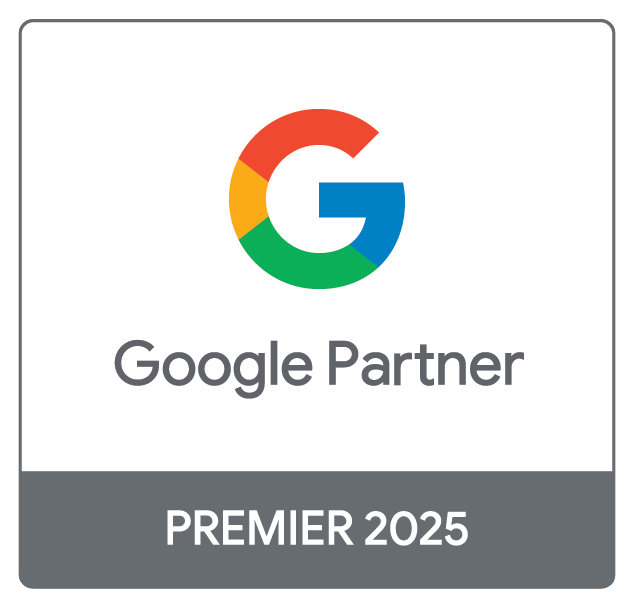Known as exact match domains (EMDs) in the industry, these keyword focused web addresses played a part in the early days of the internet, connecting customers with companies. Whether painstakingly inputted into the browser's address bar character by character, or via the search bar, it allowed interested consumers to find businesses online.
With the rise in mobile (finicky typing) and the introduction of voice search, by and large the days of manual website address entry are over and it’s search engines that connect customers with relevant sites. This changes the dynamic on the usefulness of keyword website addresses.
What’s the problem with keyword domains?
What business owners are usually unaware of is the change in ownership records that occurs after the purchase of a domain. Before long, Google's all seeing eye learns of the reset in domain ownership, producing a reset in the accrued authority too. (At least that's what Google suggest happens.) You are paying for something that will be worth less (maybe even worthless), making it in my opinion, a scam.
Additionally, businesses sporting keyword domains as a brand name, for example freshcutflowers.co.uk, can't even rely on customers pinpointing them in search results given they’ll blend in amongst every other business optimised for those terms.
It is accepted in the SEO industry that links pointing to your website, one of the key ranking signals Google use, should feature a variety of terms (anchor text). For most websites, this will range from iterations of the brand name, the web address, “click here” and so on, as that’s the natural form weblinks take. Compare that to an EMD URL though and it’s more likely a repetitive set of keyword links, which could quite easily flag as spam under Google’s algorithms.
In 2012, Google deployed an EMD algorithm update to reduce the impact of keyword URLs on rankings. Whilst its effectiveness varies from sector to sector, Google’s manual quality raters can also apply penalties if keyword use is observed to be trying to game the system.
The SEO benefits
There are some benefits to keyword website addresses from a search engine optimisation point of view. At its simplest, each time that the website address is listed online, with the keyword contained within these links, Google and co. use it as a signal of the subject matter on the destination.
Combine this with a Google My Business account, Facebook and Instagram profiles, Yell.com listing and so on, and the online footprint for ukweddingmarquees.co.uk's citation increases, legitimising it more as a business / brand.
Heck, even digital marketing firms have been known to opt for these web addresses; picking something out of the lexicon of their specialism. Whether they are aware or not of the SEO implications that come with it remains to be seen...
So are keyword domains worth it?
If you’re aware of the above and intend to invest in long term SEO (hint, time and money) to build and grow a credible brand and website domain, then by all means go ahead.
It’s worth mentioning your mileage will vary, sector to sector. If you are in a competitive industry such as finance or commerce, success will take longer, regardless.
Furthermore, with regular ongoing algorithm updates that can both help and hinder rankings, and nobody to complain to if you’re negatively affected, there are other safer domain options.
If not exact match domains, then what?
It's not uncommon for business owners to receive regular emails tempting them to purchase website domain names. What can often be the clincher in piquing attention is when the domains contain keywords relevant to their sector:
- swimmingpoolbuilder.com
- tyre-fitters.co.uk
- artificialgrassgreenwich.co.uk
Whilst prices vary from a few hundred to tens of thousands (sometimes more!), the costs are often justified in relation to the potential new traffic they can expect to receive.
The question is, are keyword domains actually still useful and helpful for SEO or are they a waste of time and money, scamming businesses with SEO snake oil?
Exact match domains
When it comes to recommendations, businesses often see success in adopting partial match domains (PMD). As an example, Easigrass benefits from the inclusion of ‘grass’ in their name/URL, but have distinguished themselves to the public, as well as Google, through the use of ‘Easi’. Another brand we work with, Doughnotts, creatively evolved their naming from the original The Nottingham Doughnut Company and simultaneously improved the longevity of their SEO.
Being unique definitely has its benefits too. Indian eatery, tamatanga, at the start of their venture, googled endless iterations of names to identify a unique identity online that nobody else shared. Even Adtrak itself, by dropping the 'c' from the combined 'advert' + 'track', was able to uniquely identify itself in what is a highly contested marketplace.
In conclusion
The next time somebody reaches out with an exciting domain opportunity, pause to think whether that keyword URL is worth the time and money to build the organic brand equity to go with it. For most businesses, keyword domains are simply not the SEO win they once were.
